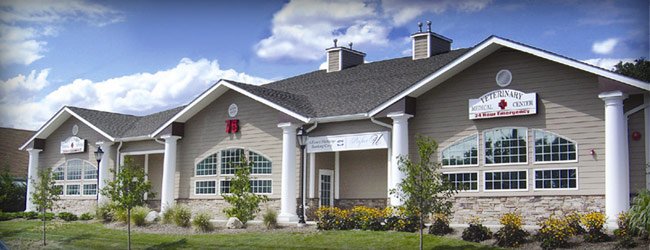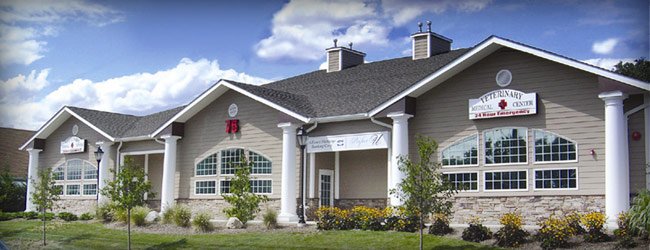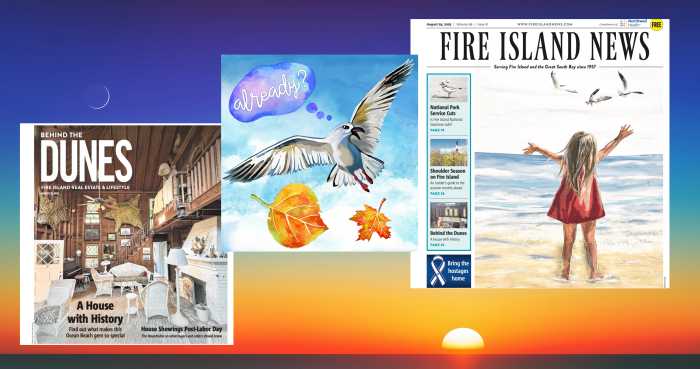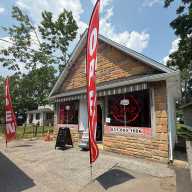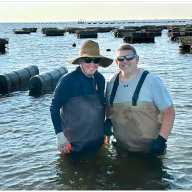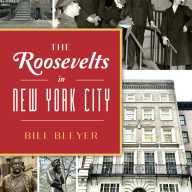A Public Message, Courtesy of Veterinary Medical Center of Long IslandTHE FOURTH OF JULY is one of our nation’s most celebrated holidays, filled with fun backyard activities, barbecue and booming fireworks lighting up the night sky. If you include your pets at a Fourth of July celebration, take safety precautions to ensure that your dog or cat is protected from some common maladies. The Veterinary Medical Center of Long Island has some tips for keeping pets safe and happy during this summer celebration.Loud noises can terrify pets, so don’t include them when celebrations contain fireworks. Many people enjoy the explosive sounds and flashing lights of fireworks, but they can be overwhelming for pets, and possibly hazardous. So many pets are frightened and try to escape the sights and sounds that animal shelters around the nation report a dramatic increase in lost pets during this holiday. Pet Noise Phobia is a serious condition where pets have an extreme fear of a variety of sounds. This can cause pets to act aggressively during a fearful event. Pets can injure themselves while trying to escape or looking for a place to hide. Key signs to be aware of are hiding, trembling or shaking, sudden urination or defecation, pacing, chewing, digging, barking or howling, and abnormal clinging around the pet’s owner. Help your pets keep their cool; Follow these steps for making them safe during loud—and hot—warm weather festivities.
- Keep your pet safely away from fireworks: Our pets are more sensitive to loud noises, flashing lights and strong smells, so it’s best to leave your pets safely indoors, preferably with a radio, fan, air conditioner, or TV turned on to hide jarring noises. Even pets usually kept outdoors should be brought inside. If you are going to an Independence Day event and cannot leave your pet at home, keep them leashed and under your direct supervision at all times.
- If your pet is scared by fireworks, ask a veterinarian for help. There are many medications and techniques that might help alleviate their fear and anxiety. For additional suggestions for helping to cope with loud noises, please visit us on the web at www.vmcli.com.
- Protect your pet from heat stroke during summer festivities. High temperatures put your pet at risk of heat stroke, which can become deadly very quickly. Keep an eye on your pets and act immediately if you see any signs of heatstroke. To learn more about keeping your pet safe in the heat, visit us on the web at www.vmcli.com. Never leave your pet in a parked car, even if the day doesn’t seem that warm. Even when the temperature outside is a balmy 72 degrees, the temperature inside your car can rocket to a fatal 116 degrees in less than 20 minutes.
- Pets can easily become separated during a crowded party, which can create confusion. A backyard gate may accidentally be left open, or your dog could get pulled in the opposite direction while swimming at the beach. All pets, even those kept indoors full-time, should wear collars with ID tags. Indoor-only pets can become so frightened during fireworks displays that they may take desperate measures to escape the noise, including breaking through window or door screens. It’s also a good idea to have your pet micro-chipped. If your pet does become lost, contact your local animal control and surrounding shelters immediately to make a report. If you find a lost pet, take them to the address on their tag or bring them to the local animal shelter so they have the best chance to be reunited with their family.
- Barbecues can offer tantalizing treats for pets; however, many of them can be harmful and even toxic to our pets: Fatty and rich foods such as hamburgers, hotdogs, chicken and baby back ribs can wreak havoc on your pet’s stomach, often leading to indigestion, upset stomach, diarrhea and ultimately pancreatitis. Raw meat and fish contain bacteria or parasites that are extremely dangerous to our pets. Onions and garlic, a common ingredient or condiment in many foods, are toxic to dogs and cats and can lead to fatal poisoning. Discarded bones from ribs, steak or chicken can cause an obstruction or lacerations of your pet’s digestive system. Make sure to keep pets away from alcohol; wine, beer and other spirits are extremely toxic and can cause life-threatening seizures or respiratory failure.
- Many Fourth of July parties may be held poolside, at the beach or on a lake. Thousands of pets die in drowning incidents each year, but these incidents are avoidable if safety measures are taken. Don’t assume your pet knows how to swim; familiarize your pet with water from a young age. Supervise pets at all times while they’re around a pool. Your pet should have an easy way to exit the water. Pet-safety ladders can be installed in most pools. Never leave your dog unattended at the beach, they can easily become overpowered by tides and currents and get pummeled by a wave. if you take your dog on a boat, buy a life jacket made specifically for your four-legged companion. This simple but effective accessory can save your pet’s life, whether on a boat, in a pool, at the beach or a lake.Independence Day can be a safe, fun celebration for all members of your family. If there’s an emergency, don’t wait to have your pet treated! VMCLI is devoted to helping you care for your pet when the need arises. If you should have an emergency or wish to speak with a veterinarian, please don’t hesitate to call 631.587.0800. We hope you and your pets have a very safe and happy holiday.VMCLI • 72 Sunrise Highway, West Islip, NY 11795-2033 • 631-587-0800
